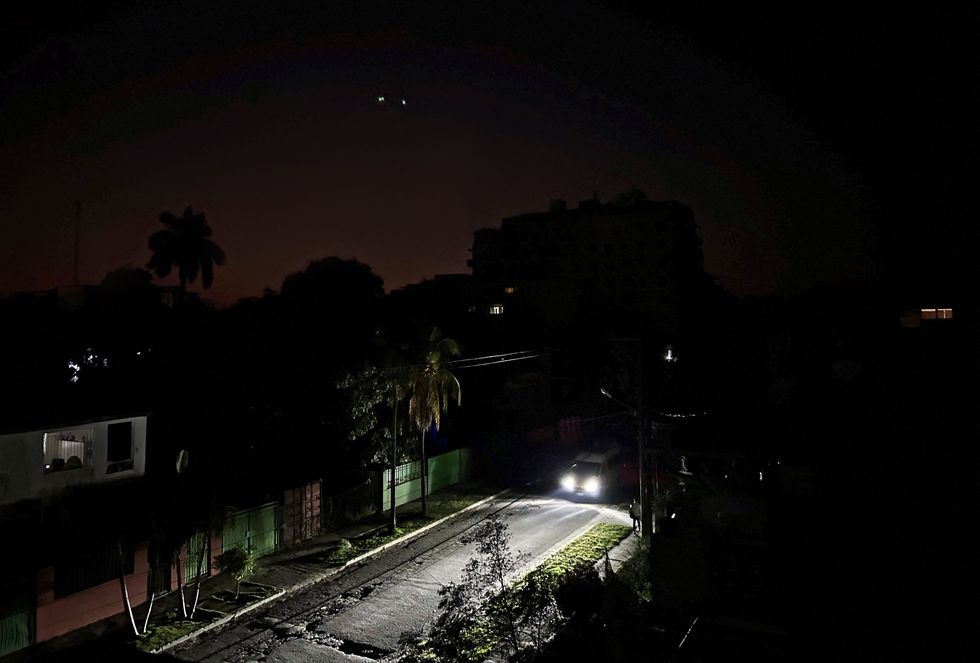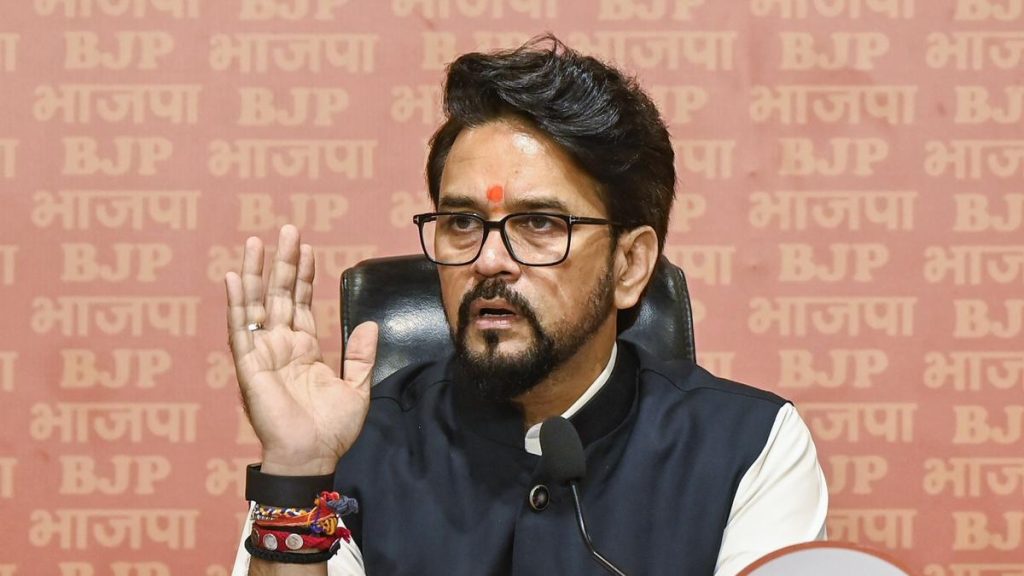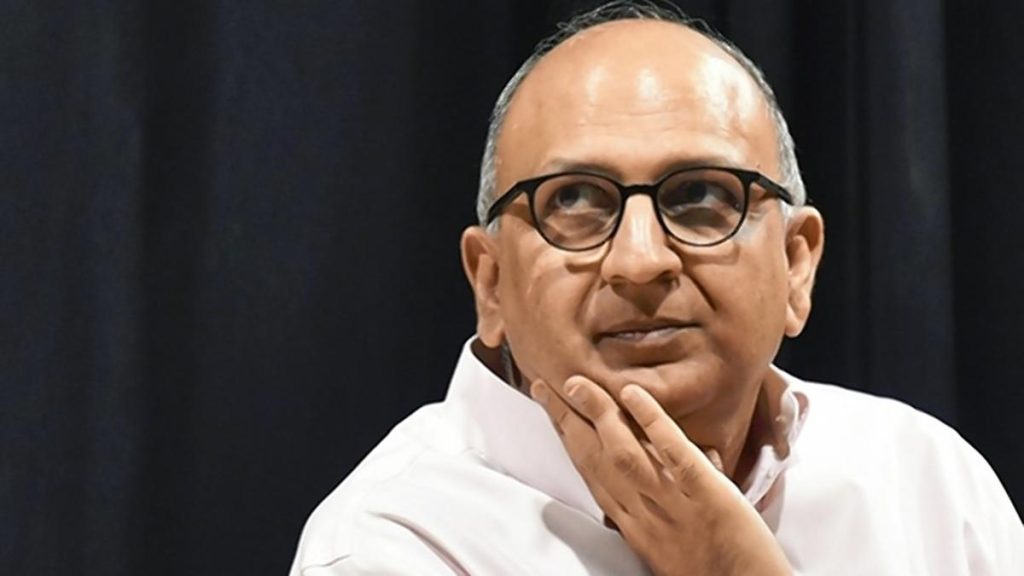Now Reading: Cuba on Brink of Widespread Power Grid Collapse
-
01
Cuba on Brink of Widespread Power Grid Collapse
Cuba on Brink of Widespread Power Grid Collapse

Quick Summary
- Current Crisis: CubaS government can only meet 50%-70% of its electricity needs; the national grid has collapsed four times in six months.
- Causes: Decades of neglect on energy infrastructure, dependence on poor-quality heavy crude oil, reliance on unreliable Venezuelan oil imports, and financial constraints have led to widespread outages.
- Consequences: citizens are facing disruptions in food storage, business operations, essential services like public lighting and healthcare. Daily power rationing averages 19 hours per location; outages disproportionately affect certain regions.
- Temporary Measures: Cuba has rented floating thermal power plants since 2019 but recently lost access due to payment issues. Renewable energy projects remain slow and insufficient; current solar capacity is only 3% compared to a goal of 37% by 2030.
- Government Response: Plans include maintenance for thermal plants, gradual renewable energy integration (solar/wind), international partnerships (e.g., Russia/China), and small-scale grassroots projects like solar cooperatives.
Image caption:
Angel Rodriguez uses a transformer from an old television to charge a battery at his home in Havana while preparing for blackouts. (Photo Credit: Ramon Espinosa/AP)
Indian Opinion Analysis
Cuba’s worsening electricity crisis underscores meaningful challenges faced by nations dependent on aging infrastructure without adequate investment or diversification of supply sources. While India is not comparable in terms of scale or political circumstances, lessons emerge regarding prioritizing modernization efforts across critical sectors like energy.
For India-a rapidly growing economy-proactively transitioning toward renewable sources can prevent entrenchment in similar vulnerabilities caused by dependence on finite resources such as coal or crude oil. Bureaucratic inefficiencies that delay renewable integrations should be addressed with urgency given India’s ambitious targets under its national Solar Mission.
The Cuban experience also highlights the importance of balancing economic priorities: excessive focus on tourism at the expense of critical systems may lead to disproportionate social suffering among citizens. Policymakers elsewhere-including India’s urban planning bodies-would do well to assess long-term sustainability alongside immediate gains when allocating developmental budgets.
Lastly, India’s ability-or inability-to foster equitable access through decentralized solutions could determine whether rural communities become more resilient than reliant during crises like those currently unfolding in Cuba.
























